The forums are one of the CIEP’s most valued networking resources, and they were as busy as ever in 2022. Community director John Ingamells gives his perspective on the CIEP forums this year, and gives us a glimpse of what’s to come in 2023. John covers:
- our forums as a virtual meeting place
- changes to our moderation team
- setting professional boundaries
- nurturing a supportive atmosphere
- our plans for 2023.
You will only be able to access links to the posts if you’re a forum user and logged in. Find out how to register.
This is the time of year when many of us look back and assess what has happened in the 12 months just gone: the good, the bad, our successes and slip-ups. For the CIEP forums, it has been a busy year, with the usual abundance of professional advice covering every imaginable aspect of proofreading and editing, alongside our almost daily dose of exquisite speeling misstakes and general malapropisms in the evergreen Typo of the Day.
A virtual meeting place
The forums have gone from strength to strength as one of the CIEP’s most valued offerings to members. They offer a place for members to meet virtually, ask questions, share ideas, and offer helpful tips and useful pointers on anything from the placement of a comma to how to avoid backache from sitting at a screen all day. In many ways, the forums serve as a virtual water cooler for so many of us who work in isolation without the human contact taken for granted in a traditional office space. Many members cite this as an important aspect of their appeal.
They thus act as an important addition or continuation to those opportunities that members have to meet each other in person. Alongside the annual conference, many local groups have traditionally been able to meet in person as well. Of course, that all came to a halt during the pandemic and we saw that, alongside Zoom meetings, the forums provided an important way to stay in touch. Now that COVID restrictions have eased, some groups have arranged in-person meetings again.
Changes to our moderation team
As most members will be aware, the forums are overseen by a team of moderators and, with a couple of long-standing members of the team looking to stand down after many years of service, the Council decided early in 2022 to instigate a formal recruitment process to find new members for the team.
This reflected the Council’s broader wish to professionalise the organisation as well as a recognition of the fact that forum moderation fell squarely within our legal obligations to ensure that our activities and events are free from any form of direct or indirect discrimination. Part of this change was to begin remunerating the moderators. Four new members were duly recruited to the moderation team and joined over the summer.
Setting professional boundaries
This last year has proved to be a busy one for the moderators. The vast majority of traffic on the forums is informative and helpful and, more importantly, is carried out in a friendly and collegiate atmosphere. But we are only human, and it is perhaps to be expected that on rare occasions, when opinions differ, discussions can become more direct.
Now, there is nothing wrong with some robust debate with members expressing opposing views on a topic. But here it is important that we remember what the forums are, namely a closed professional space. Or, to turn that around, it is important to remember what the forums are not – they are not a public social media setting with an anything-goes attitude to what people can post and how they behave. We all need to bear in mind that we are in a professional setting, dealing with colleagues and counterparts.
This is particularly important when discussions are begun around sensitive issues such as race, cultural appropriation, gender and many others. We have no wish to stop discussion of such issues – there are many legitimate questions of an editorial nature that crop up about, for example, how to advise clients on appropriate language or usage when handling a sensitive topic. Language changes, sometimes very quickly, and clients will often welcome up-to-date advice from a professional editor.
Nurturing a supportive atmosphere
As long as the forum threads handle sensitive subjects with care and with a sympathetic regard for all members, discussions can continue. But we know from experience that members have sometimes felt harmed by the way one or two threads have taken things beyond purely editorial contexts.
There are plenty of places out on the internet where issues can be debated full throttle. But in our closed professional space, where we have a responsibility to our diverse membership, we ask members to stay within certain boundaries. If you would like to see more on this topic, it is worth rereading the notice that the chair, Hugh Jackson, posted in February outlining the CIEP’s position.
In this context, it is also worth reminding ourselves that the CIEP has a core aim to listen to and learn from perspectives that may have struggled in the past to be heard in organisations like ours. What we are really trying to do is nurture an atmosphere in which everyone has the confidence to participate actively in the forums.
Into 2023
How we handle the more challenging threads on the forums has itself been the subject of some debate. We have already announced that we are in the process of drawing up new guidelines for the moderation process which we will be sharing with the wider membership in the weeks ahead and welcoming your comments.
Of course, the big challenge for the year ahead will be the move to the new online platform. Like everything on our website, the new forums will look very different, but we will be working hard to ensure that they will continue to be the useful, informative and friendly place that so many members have come to know and love.
Register to join the CIEP forums.
 About the CIEP
About the CIEP
The Chartered Institute of Editing and Proofreading (CIEP) is a non-profit body promoting excellence in English language editing. We set and demonstrate editorial standards, and we are a community, training hub and support network for editorial professionals – the people who work to make text accurate, clear and fit for purpose.
Find out more about:
Photo credits: header image by Norbert Levajsics on Unsplash.
Posted by Harriet Power, CIEP information commissioning editor.

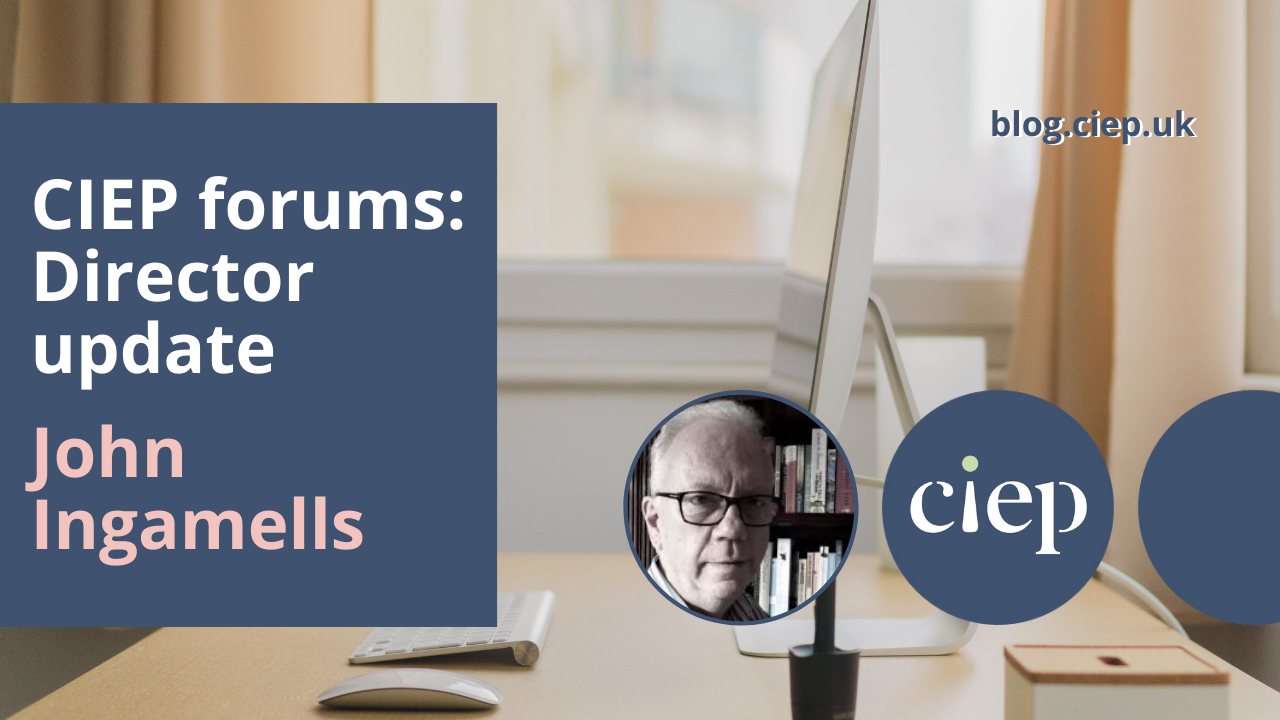
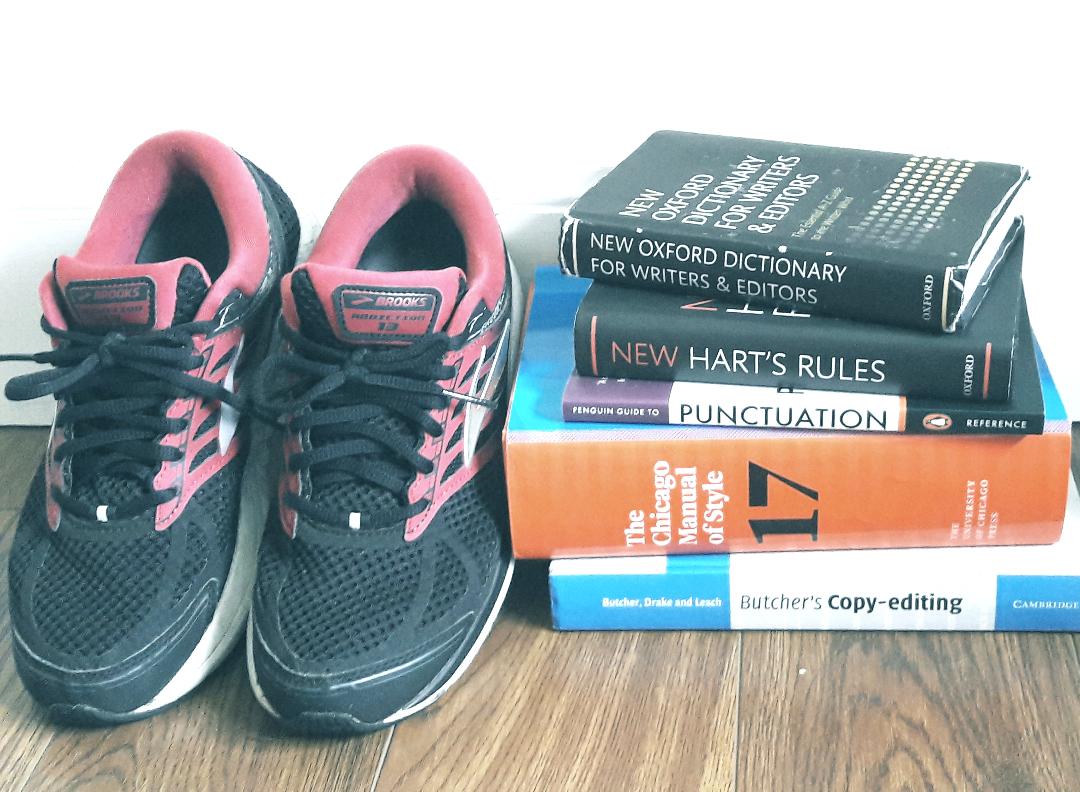
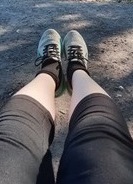

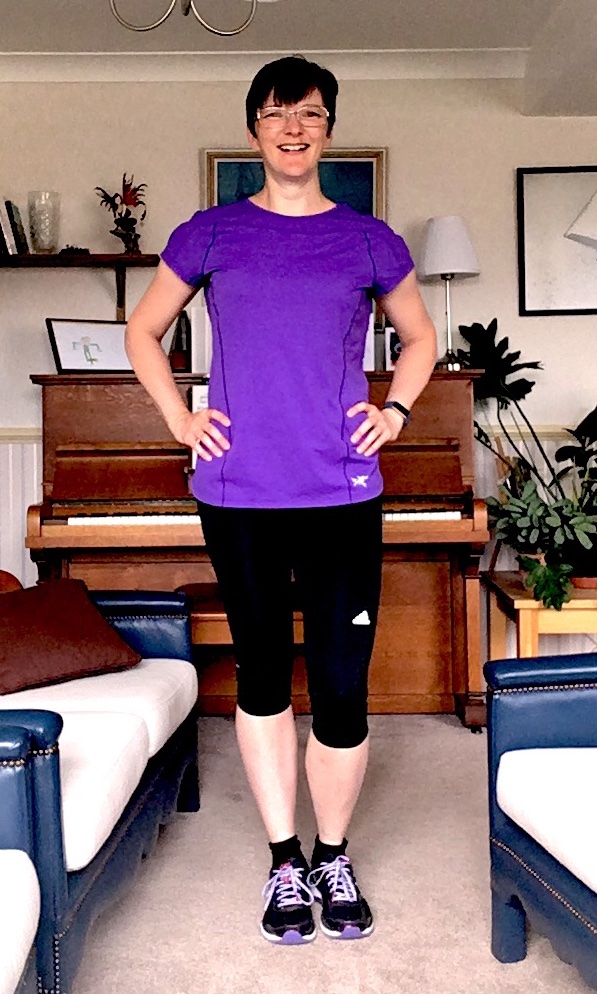
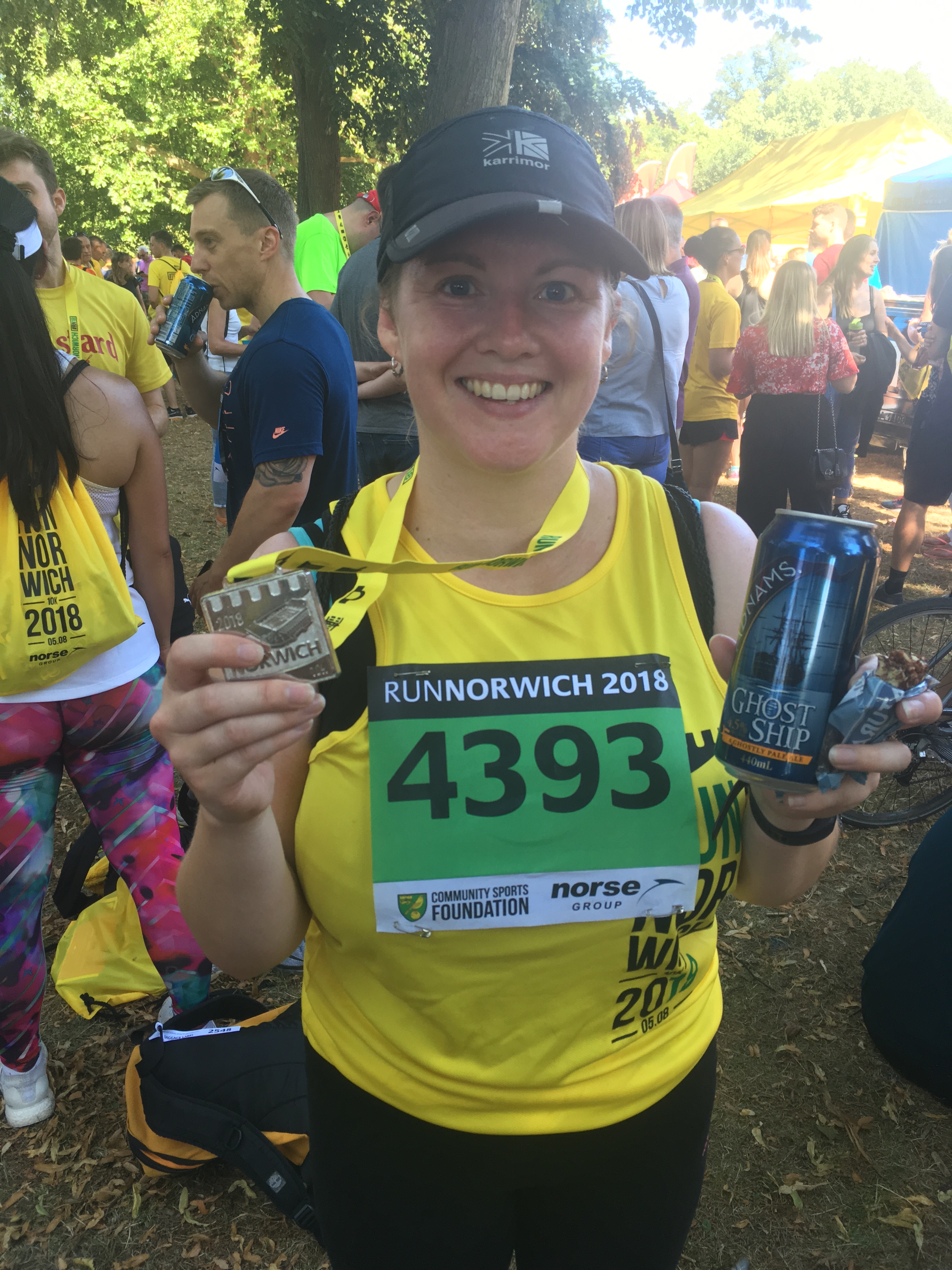
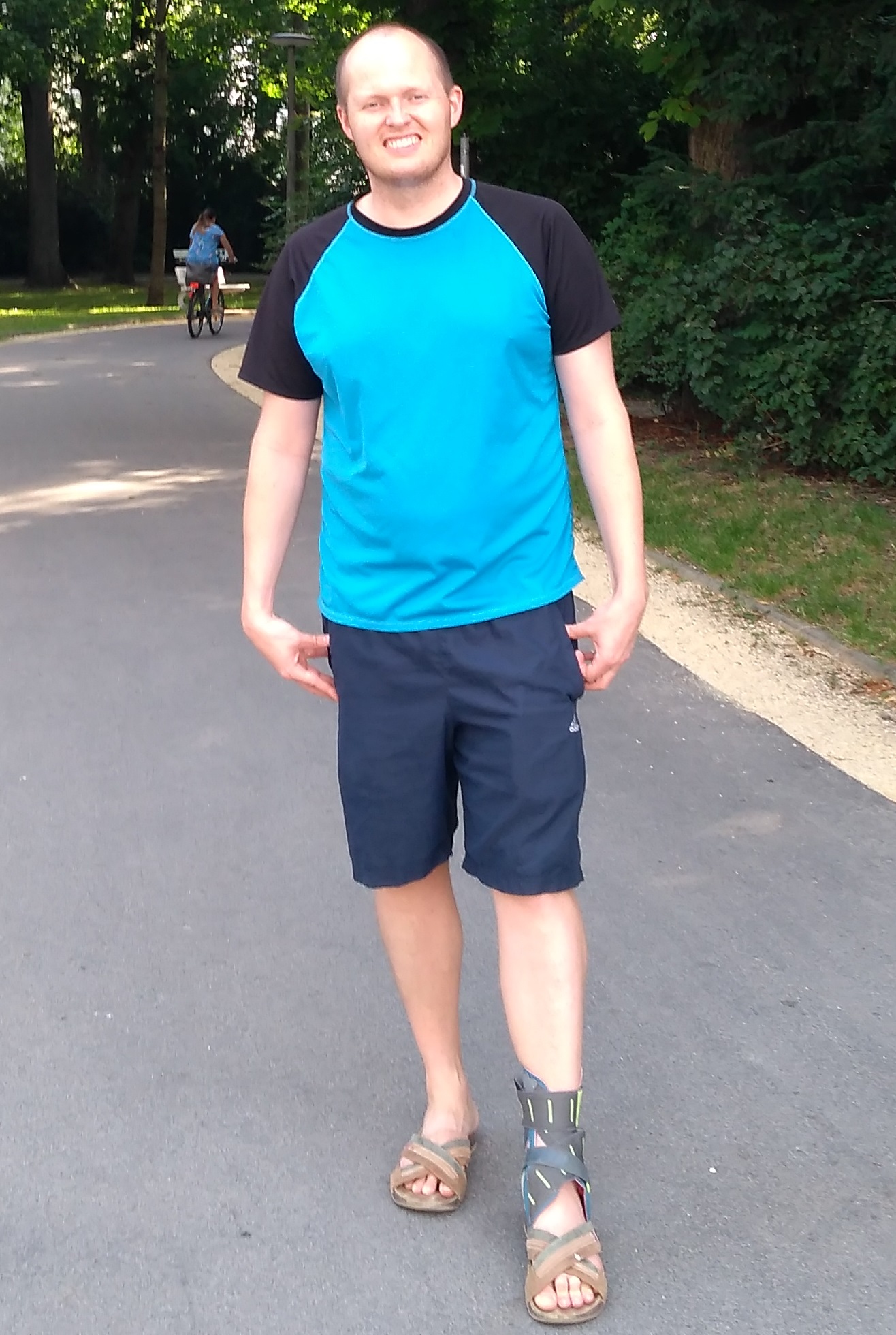



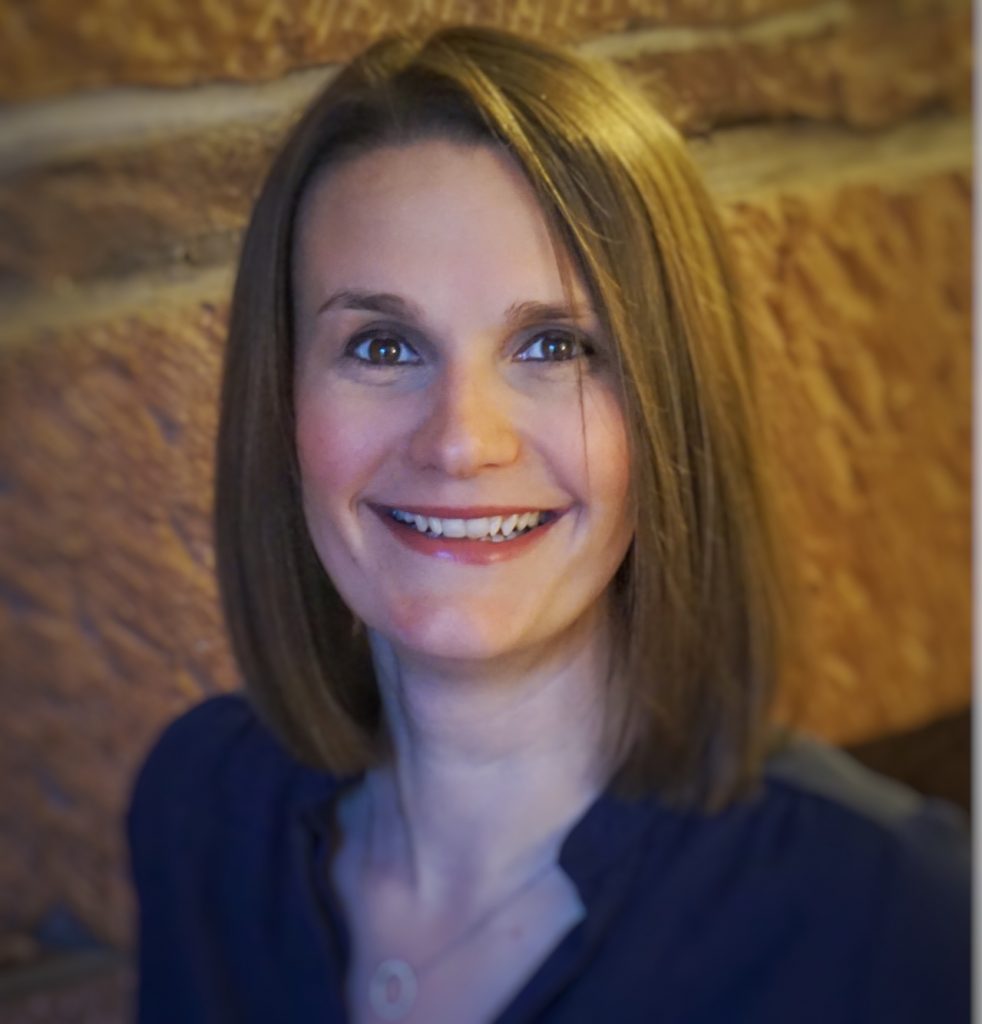 Amy Armitage-Reay is an ex-forum lurker and Professional Member of the CIEP. She started her professional life as a reporter and has run Ethos Editing (www.ethosediting.com), which specialises in creating academic content, since 2009.
Amy Armitage-Reay is an ex-forum lurker and Professional Member of the CIEP. She started her professional life as a reporter and has run Ethos Editing (www.ethosediting.com), which specialises in creating academic content, since 2009.
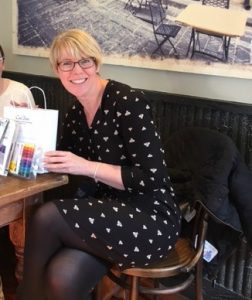




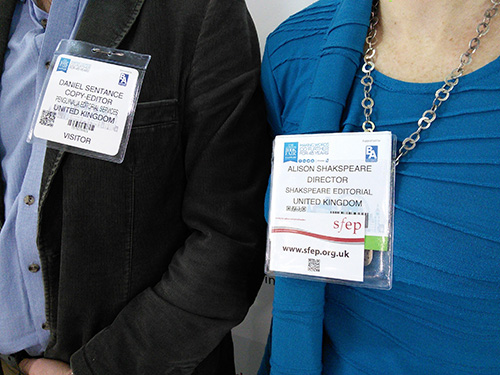


 inded locals
inded locals